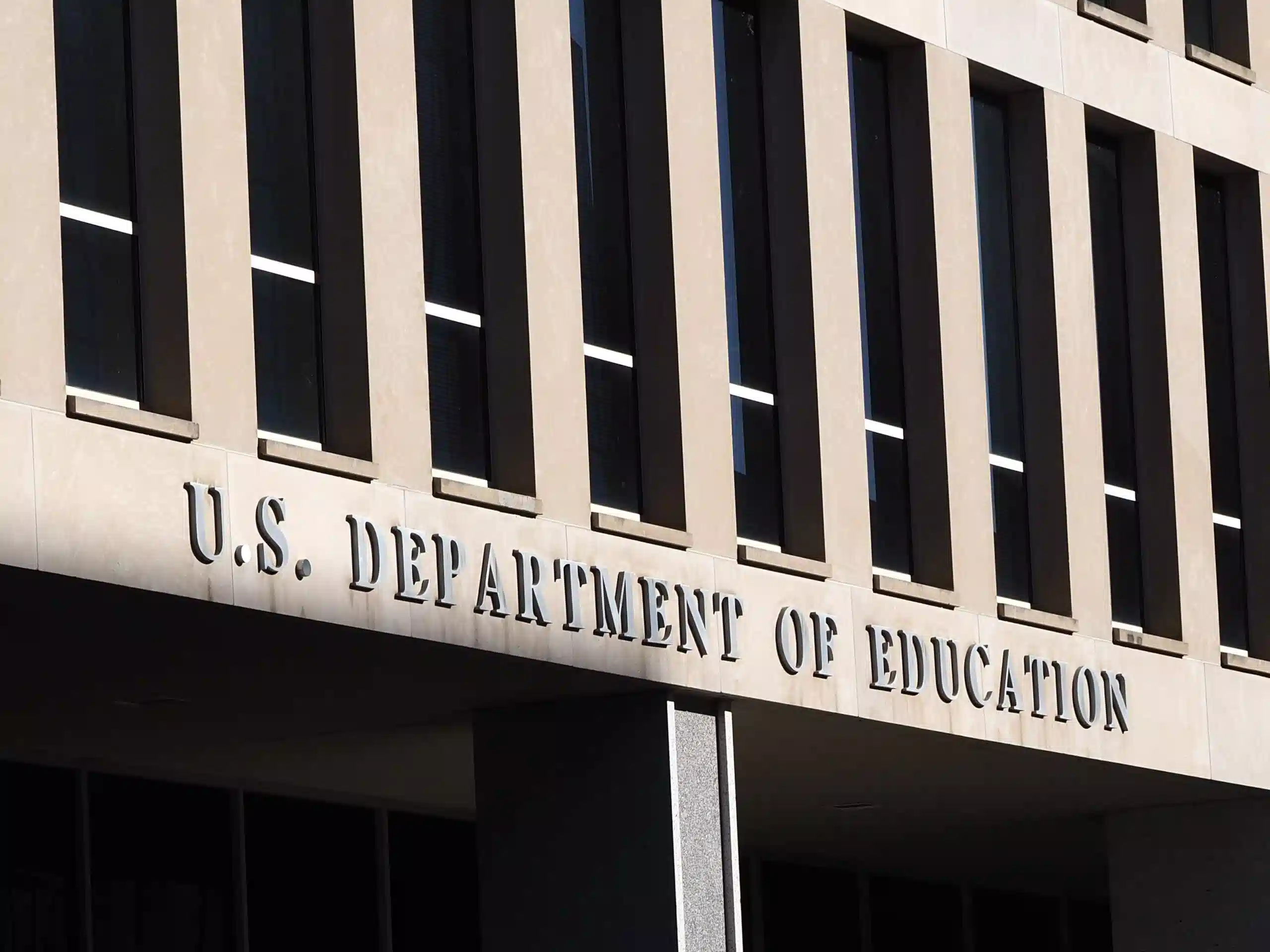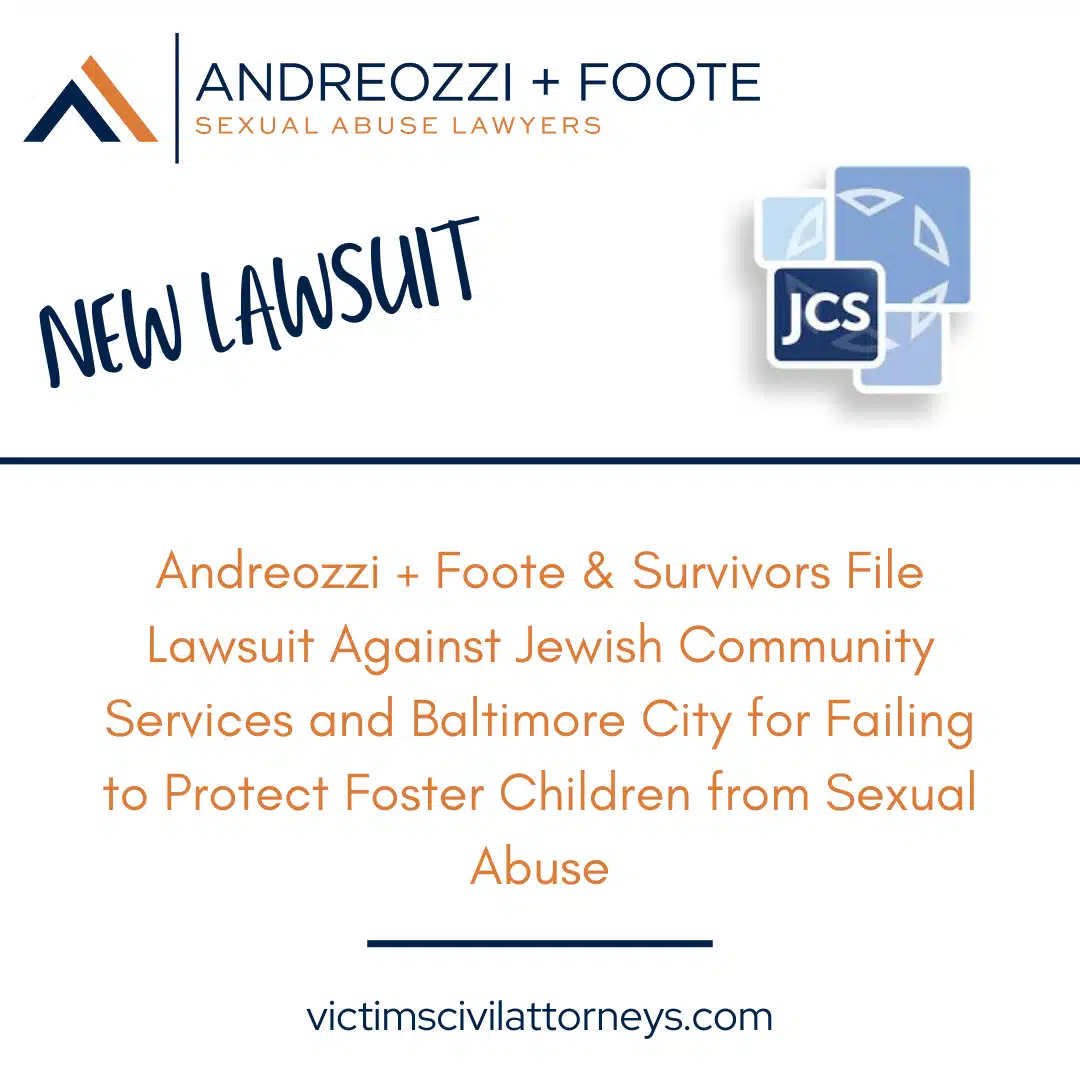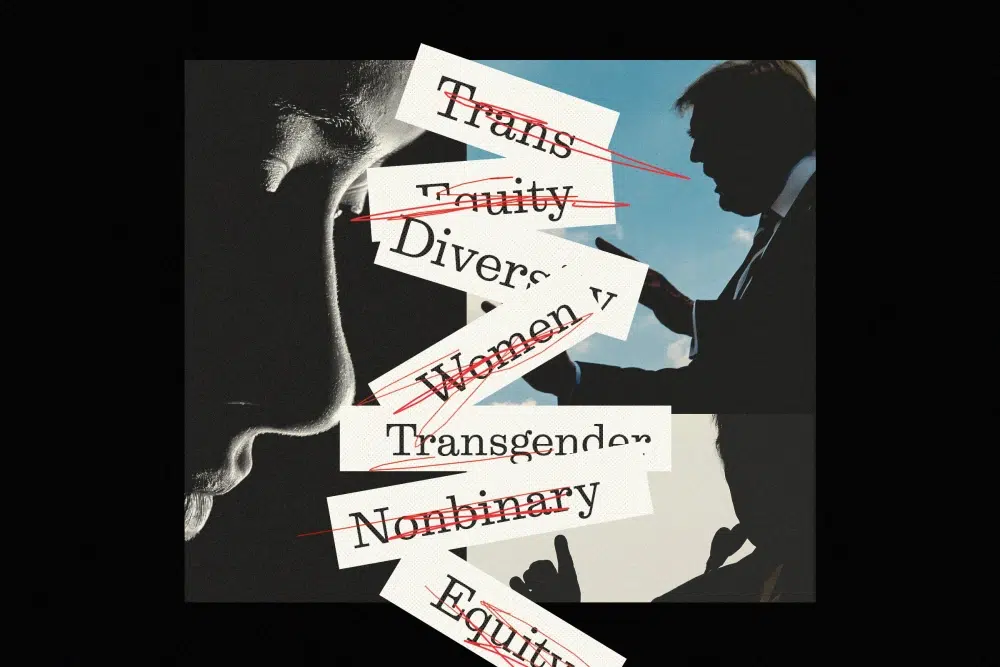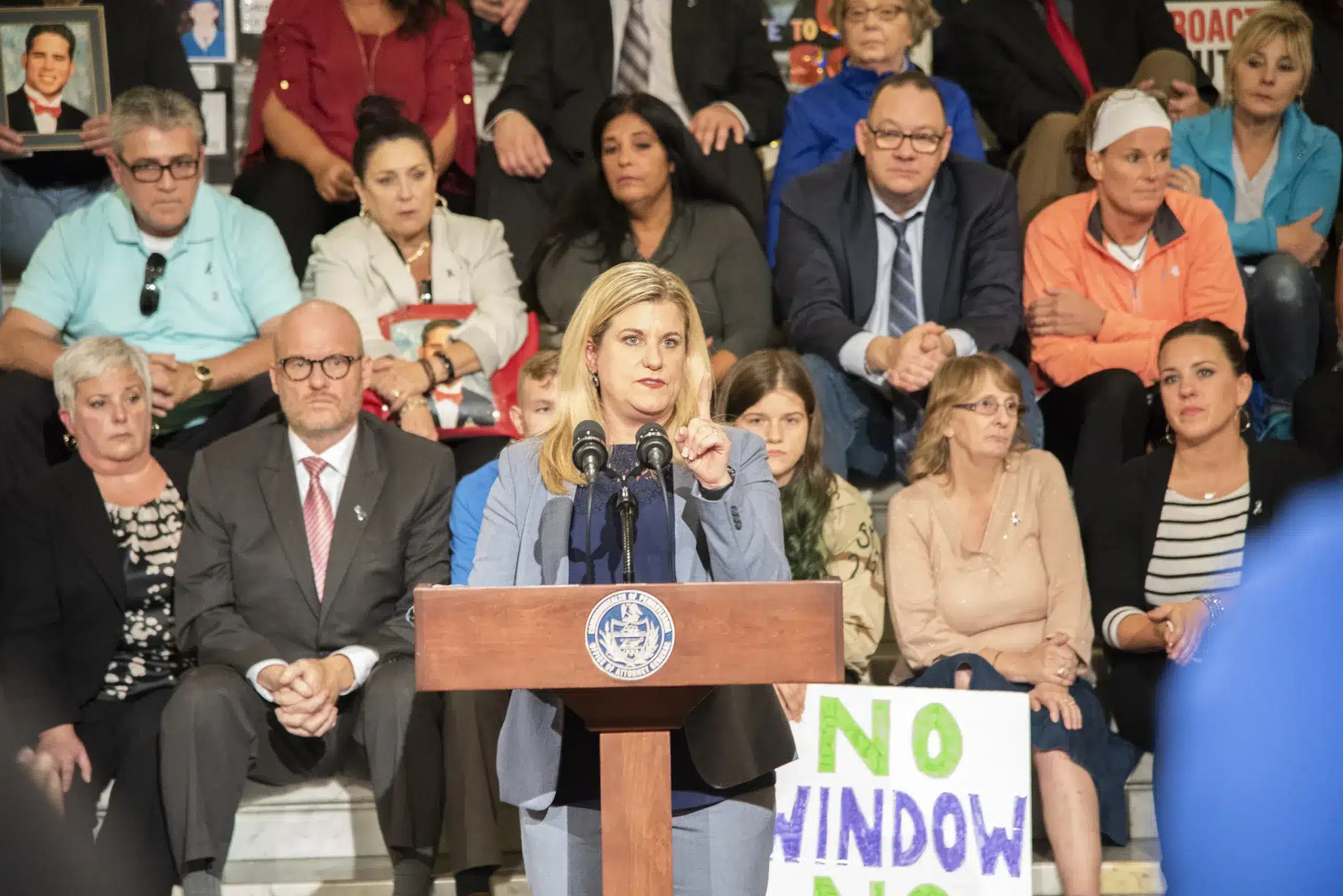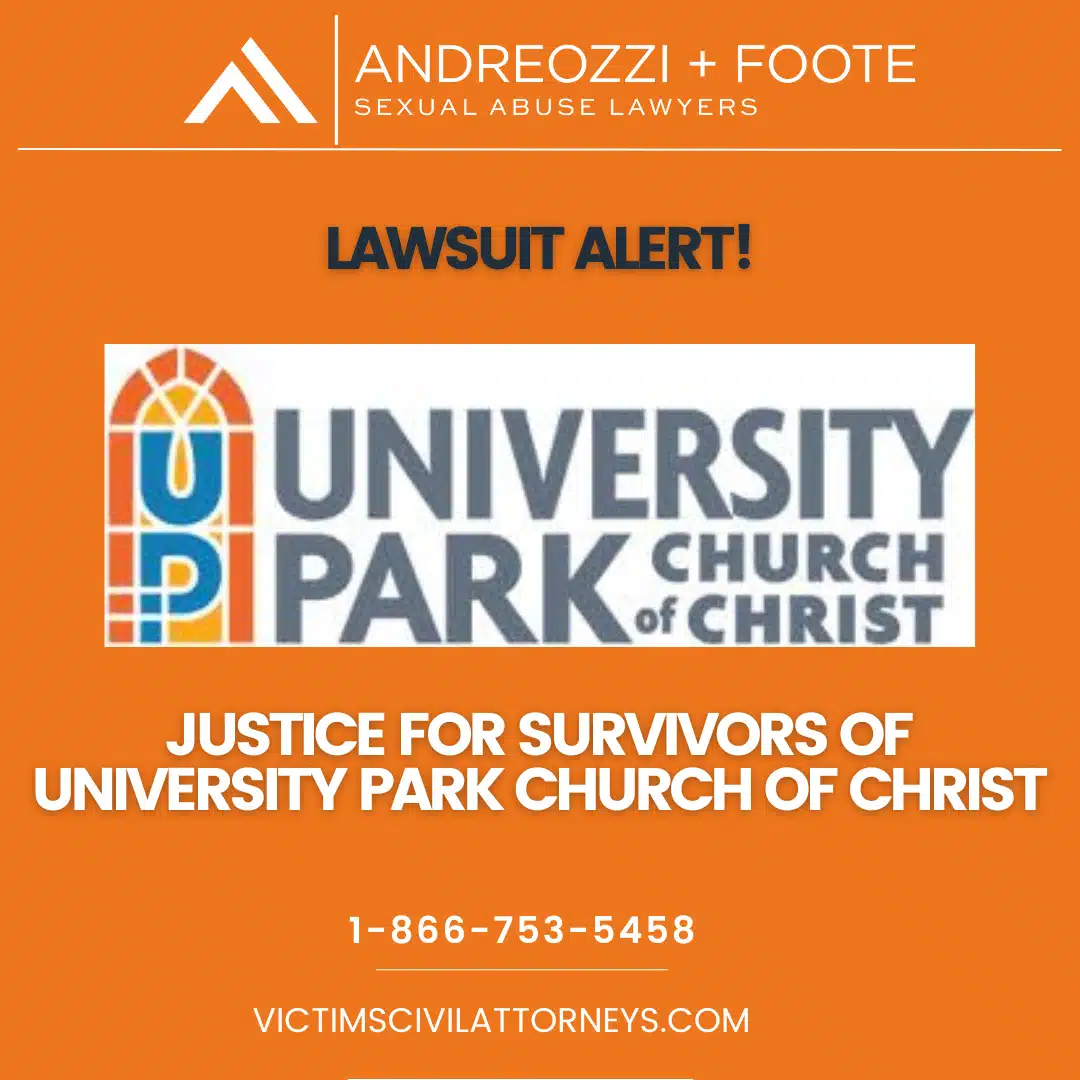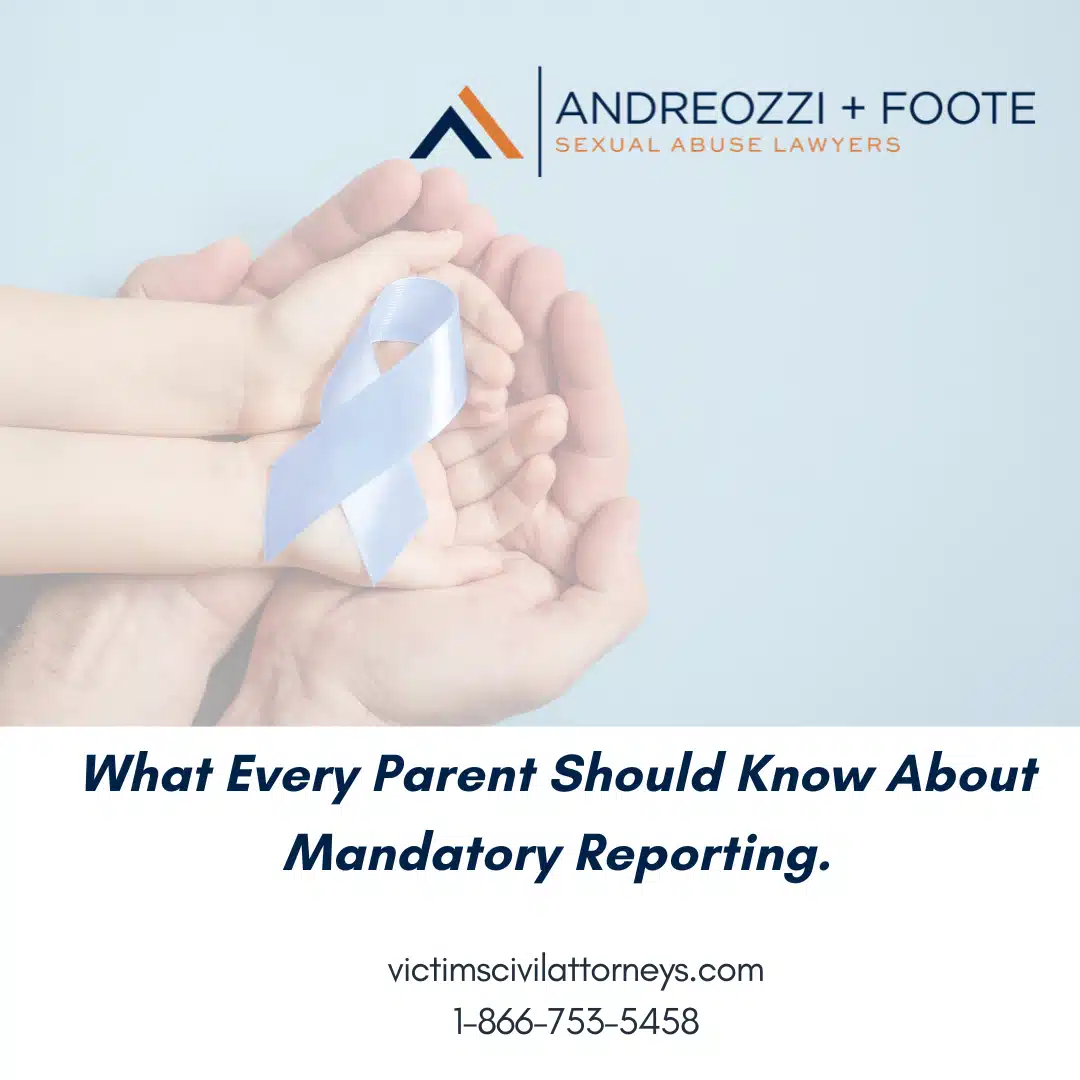In the pursuit of justice for survivors of sexual abuse, the criminal justice system often falls short, leaving many victims without the closure they deserve. Not guilty verdicts in sexual abuse cases are more common than we might expect, highlighting systemic challenges that hinder the path to justice.
The Prevalence of Not Guilty Verdicts in Sexual Abuse Cases
Sexual abuse cases are notoriously difficult to prosecute. For instance, the John Jay Report, which examined allegations within the U.S. Catholic Church from 1950 to 2002, found that out of 4,392 accused clergy, only 252 were convicted, resulting in a conviction rate of approximately 5.7%. This means that over 94% of accused clergy were not convicted, underscoring the immense challenges victims face in seeking justice through the criminal courts.
- Evidentiary Challenges: Sexual abuse often occurs without witnesses, making it challenging to provide concrete evidence.
- Victim Reluctance: Many victims are hesitant to come forward due to fear of not being believed, societal stigma, or retraumatization during the legal process.
- Rape Myths and Biases: Persistent misconceptions about what constitutes “real rape” can influence jury members, leading to unjust acquittals.
Civil Lawsuits: A Vital Avenue for Justice
Given the limitations of the criminal justice system, civil lawsuits have emerged as a crucial alternative for survivors. These lawsuits allow victims seek justice in civil court, where the burden of proof is lower than in criminal cases.
Notable legislative reforms have empowered survivors to take civil action::
- Adult Survivors Act (ASA): Enacted in New York, the ASA provided a one-year window for survivors of sexual offenses, previously barred by the statute of limitations, to file civil suits. This led to over 3,000 lawsuits, including high-profile cases against individuals like former President Donald Trump and singer R Kelly.
- Maryland Child Victims Act: This law allows survivors to file lawsuits against institutions, including the Archdiocese of Baltimore. The act faced legal challenges but was ultimately upheld, reinforcing the importance of civil avenues for justice.
The Impact of Civil Lawsuits
Civil lawsuits serve multiple purposes for survivors:
- Accountability: They hold perpetrators and negligent institutions responsible for their actions or inactions.
- Compensation: Victims can receive financial restitution for the harm suffered, aiding in their recovery and future well-being.
- Public Awareness: High-profile civil cases shed light on systemic issues, prompting societal change and policy reforms.
While the criminal justice system remains a critical component in addressing sexual abuse, its limitations necessitate alternative avenues for justice. Civil lawsuits prove to be an essential path for survivors. Offering the opportunity to seek redress, hold offenders accountable, and drive systemic change. Contact us today 1-(866) 311-8640





